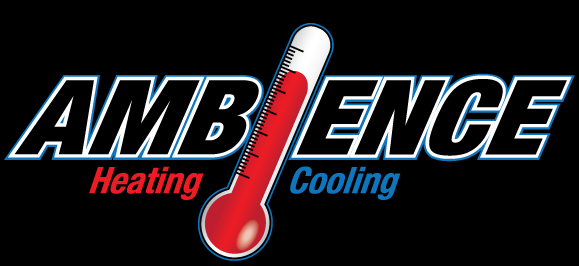
We spend lots of time indoors. As a matter of fact, the Environmental Protection Agency (EPA) has approximated being indoors makes up 90% of our schedule. Although, the EPA also has found your indoor air can be three to five times more polluted than outdoors.
That’s since our residences are tightly sealed to increase energy efficiency. While this is fantastic for your utility costs, it’s not so great if you’re among the 40% of the population with respiratory allergies.
When outside ventilation is restricted, pollutants such as dust and volatile organic compounds (VOCs) can get stuck. As a consequence, these pollutants can aggravate your allergies.
You can enhance your indoor air quality with crisp air and routine dusting and vacuuming. But if you’re still having problems with symptoms when you’re at your house, an air purifier may be able to help.
While it can’t remove pollutants that have landed on your furniture or carpeting, it could help purify the air traveling throughout your residence.
And air purification has also been scientifically proven to help lessen some allergic symptoms, according to the American College of Allergy, Asthma and Immunology. It could also be appropriate if you or someone in your household has lung trouble, like emphysema or COPD.
There are two kinds, a portable air purifier or a whole-home air purifier. We’ll discuss the advantages so you can determine what’s correct for your residence.
Whole-House Air Purifier vs. Portable Air Purifiers
A portable air purifier is for a single room. A whole-house air purifier works alongside your heating and cooling system to clean your full house. Some models can purify by themselves when your home comfort equipment isn’t on.
What’s the Best Air Purifier for Allergies?
Look for a purifier with a High Efficiency Particulate Air (HEPA) filter. HEPA filters are placed in hospitals and deliver the best filtration you can get, as they catch 99.97% of particles in the air.
HEPA filters are even more useful when installed with an ultraviolet (UV) germicidal light. This dynamic combination can wipe out dust, dander, pollen and mold, all of which are common allergens. For the greatest in air purification, evaluate a unit that also has a carbon-based filter to decrease household odors.
Avoid getting an air purifier that creates ozone, which is the primary element in smog. The EPA advises ozone may irritate respiratory problems, even when released at small settings.
The Allergy and Asthma Foundation of America has made a list of questions to consider when purchasing an air purifier.
- What can this purifier extract from the air? What doesn’t it extract?
- What’s its clean air delivery rate? (A bigger figure means air will be purified more rapidly.)
- How frequently does the filter or UV bulb need to be replaced]? Can I do that without help?
- How much do spare filters or bulbs cost?
How to Lessen Seasonal Allergy Symptoms
Want to have the {top|most excellent|best] performance from your new air purification equipment? The Mayo Clinic suggests doing other procedures to decrease your exposure to problems that can cause seasonal allergies.
- Stay in your home and keep windows and doors sealed when pollen counts are high.
- Have other family members trim the lawn or pull weeds, since these tasks can aggravate symptoms. If you are required to do this work on your own, consider wearing a pollen mask. You should also bathe right away and put on new clothes once you’re completed.
- Avoid drying laundry outside.
- Use your air conditioner while at home or while in the car. Consider using a high efficiency air filter in your home’s home comfort equipment.
- Balance your home’s humidity percentage with a whole-house dehumidifier.
- Hardwood, tile or linoleum are the suggested flooring types for lowering indoor allergens. If your house has carpet, install a HEPA filter on your vacuum cleaner.
Let Our Professionals Take Care of Your Indoor Air Quality Needs
Ready to move forward with installing a whole-house air purifier? Give our experts a call at 302-239-HVAC (4822) or contact us online to schedule an appointment. We’ll help you choose the ideal unit for your residence and budget.
